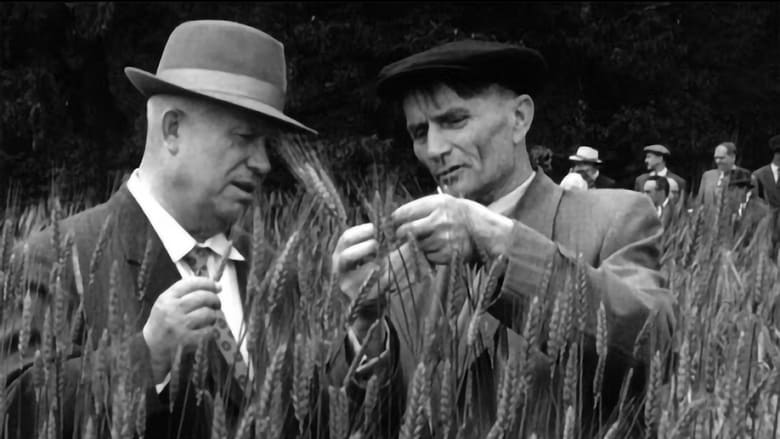The Scientist, The Imposter and Stalin: How to Feed the People
Genres
DocumentaryHistoryTV Movie
OverView
The documentary tells two very different human fates in the 1920s Soviet Union. Nikolai Vavilov was a botanical genius, Trofim Lyssenko was an agronomist who made great promises and fake inventions. Each of them tried to solve the country's nutritional problem, but only one succeeded.
Others
Budget
$--
Revenue
$--
Status
Released
Original Language
French
Runtime
56 mins
Rating
7.3/10
Release Date
31 July 2018
Country
France


